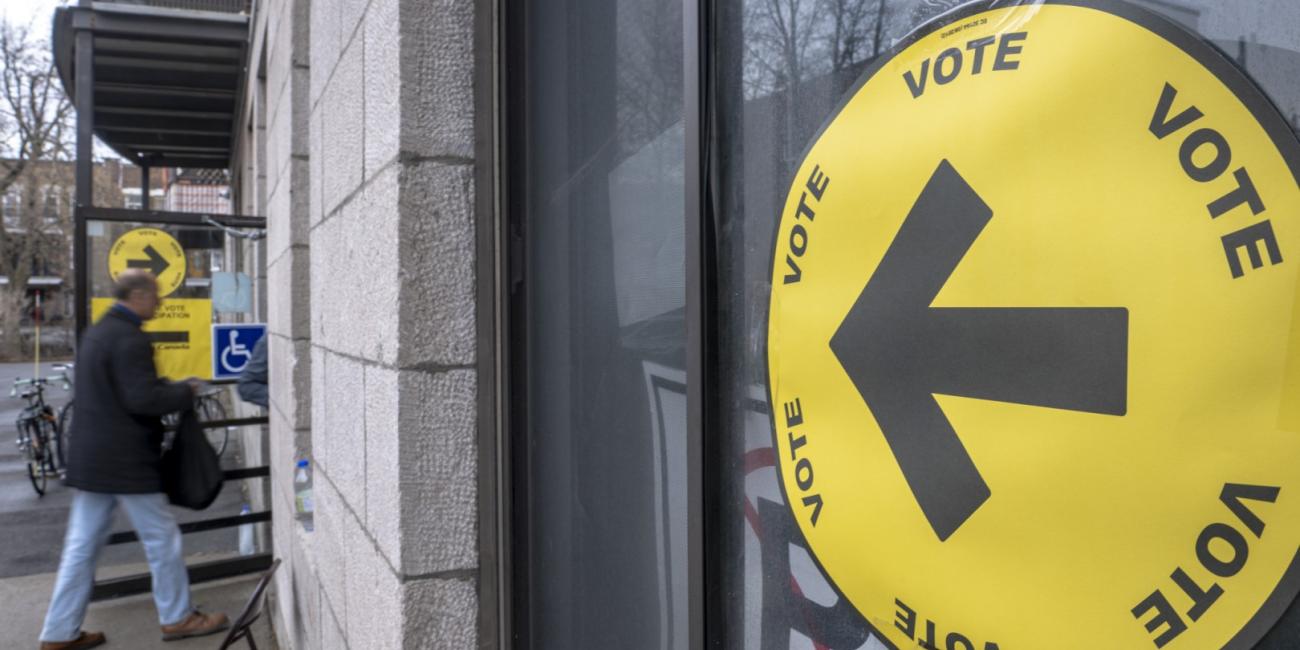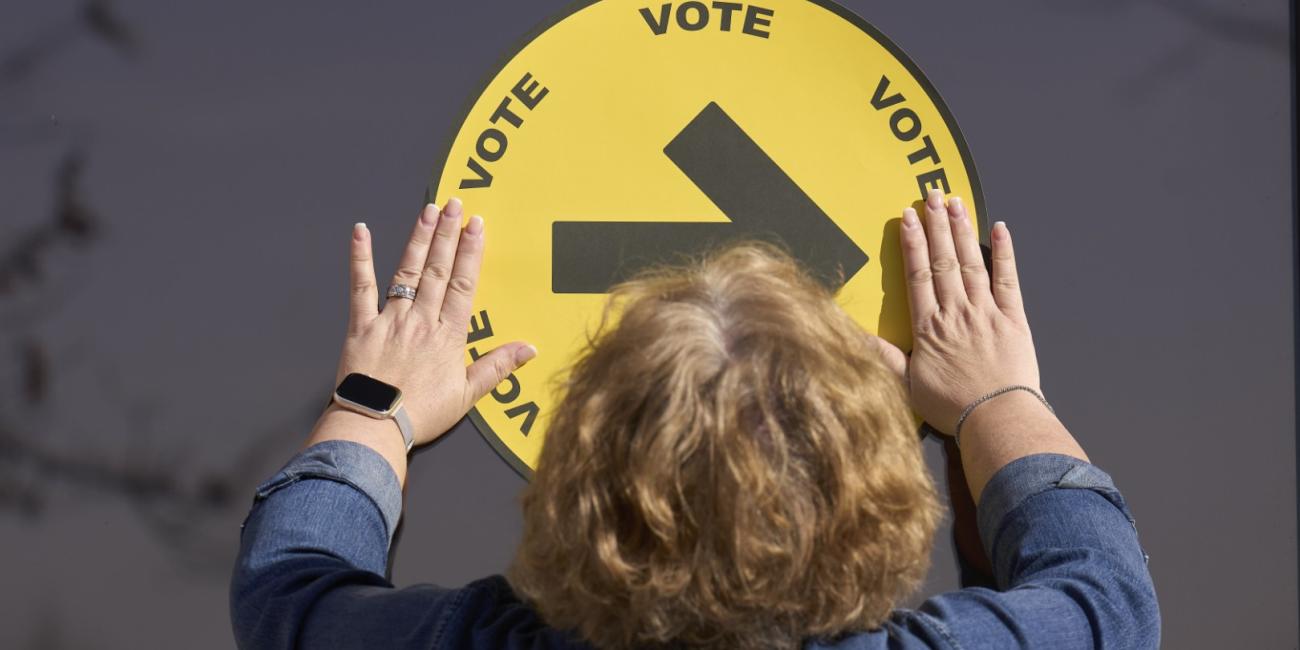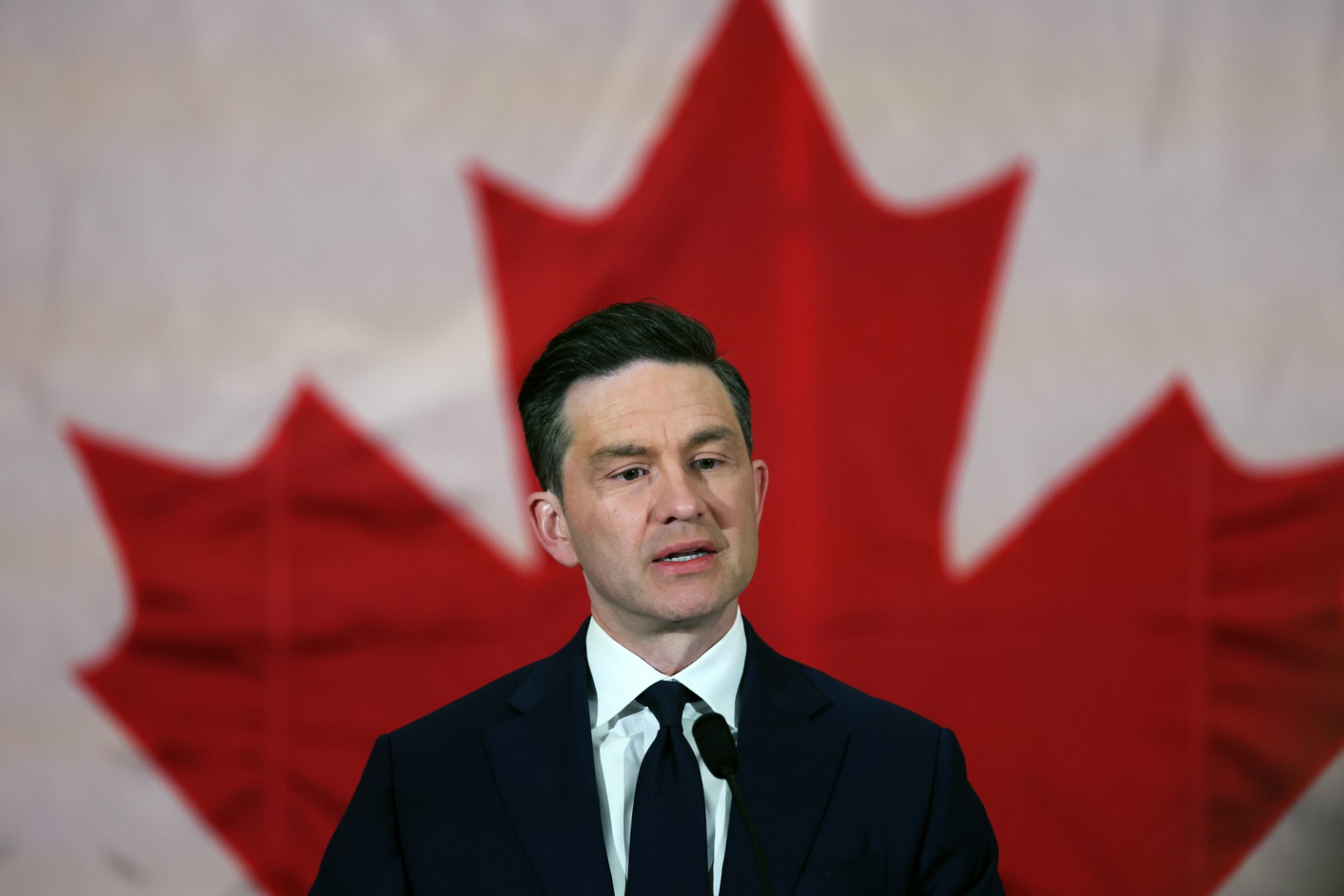
Canadian Conservative leader's voting record misrepresented
- This article is more than one year old.
- Published on January 16, 2025 at 22:35
- Updated on March 26, 2025 at 15:16
- 3 min read
- By Gwen Roley, AFP Canada
"Pierre Poilieve (sic) has voted WITH LIBERALS, 646 times!" reads the caption of a January 11, 2025 photo posted to X.
The image purports to show the Conservative leader's voting history in Canada's parliament, with a circle added to emphasize that 646 of the 886 motions he voted on were "agreed to." Other users spread the screenshot on X, Facebook and Reddit with the claim that Poilievre does not represent a true opposition stance.
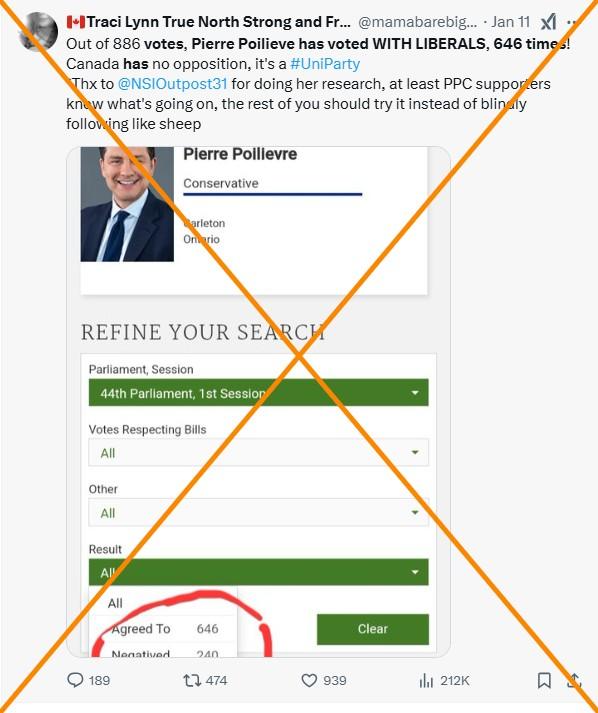
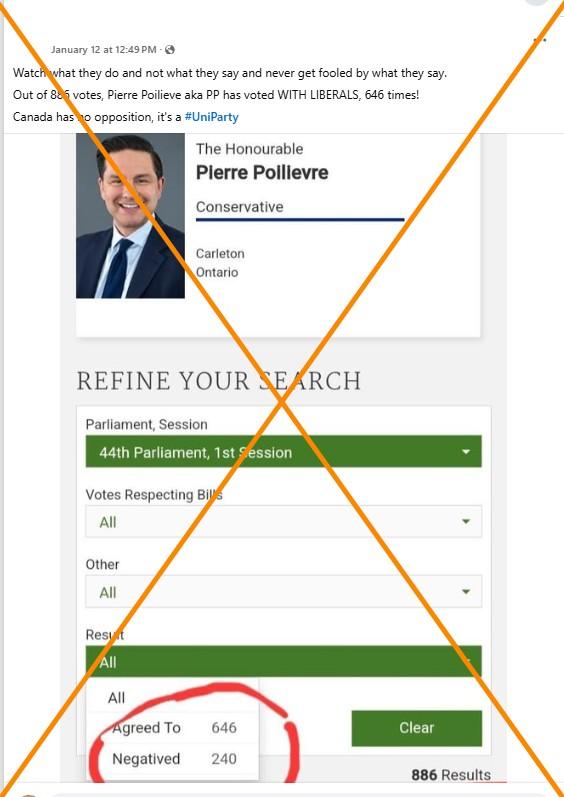
As the Conservatives have ascended in opinion polls, analysts project Poilievre is on a path to becoming Canada's prime minister. Poilievre has positioned himself as an alternative to the government of Prime Minister Justin Trudeau, who announced he was stepping down on January 6.
The posts about Poilievre's voting history imply his public opposition to the Liberals is not reflective of his record in Parliament, but the highlighted element shows every time the Conservative leader voted on a motion that was ultimately successful (archived here), not the number of times he voted yes on topics sponsored by the ruling party.
"It's the total number of votes that have been approved by Parliament since the last election that Mr. Poilievre voted on, whether he voted for or against," said Marion Ringuette, a spokeswoman for the Conservative Party, in a January 13 email.
The screenshot appears to have been taken from the government website which displays members' voting history in Parliament (archived here). It shows that 646 of the motions Poilievre voted on during the session were approved.
However, this figure includes times Poilievre voted against a motion that was eventually agreed to after receiving the majority of votes (archived here, here and here).
It also includes votes on successful motions sponsored by members from multiple federal parties -- including Liberals, Conservatives, the New Democrat Party and the Bloc Quebecois (archived here, here, here and here).
AFP analyzed the parties of the sponsor of each motion along with Poilievre's vote and found he voted against 382 of the 473 motions sponsored by Liberals since the beginning of the session in November 2021.
In one high-profile example, Poilievre voted against the Online Streaming Act (archived here), a highly contested bill supported by the Liberals (archived here) that called for major reforms for media in Canada, and expressed his views on the floor (archived here).
'Meaningless' statistic
John Milloy, a former member of the Provincial Parliament of Ontario (archived here), said the statistic seen in the social media posts was misleading and meaningless, since it could include Poilievre voting on motions that were in opposition to the government.
He pointed out there are hundreds of procedural motions which have nothing to do with passing legislation. Supportive votes on motions that move forward the procedure of Parliament do not necessarily illustrate a member's support for the government, said Milloy, who is now an associate professor of public ethics at Martin Luther University College.
"You would have to look -- I think, to be fair -- at the final votes on pieces of government legislation," he said in a January 16, 2025 interview.
Trudeau requested a prorogation halting parliamentary business while the Liberals hold their race for a new leader. Following this, a new session of Parliament will begin before a federal election would take place no later than October 2025.
Read more of AFP's reporting on misinformation in Canada here.
This article was updated to add metadata.March 26, 2025 This article was updated to add metadata.
Copyright © AFP 2017-2026. Any commercial use of this content requires a subscription. Click here to find out more.
Is there content that you would like AFP to fact-check? Get in touch.
Contact us

